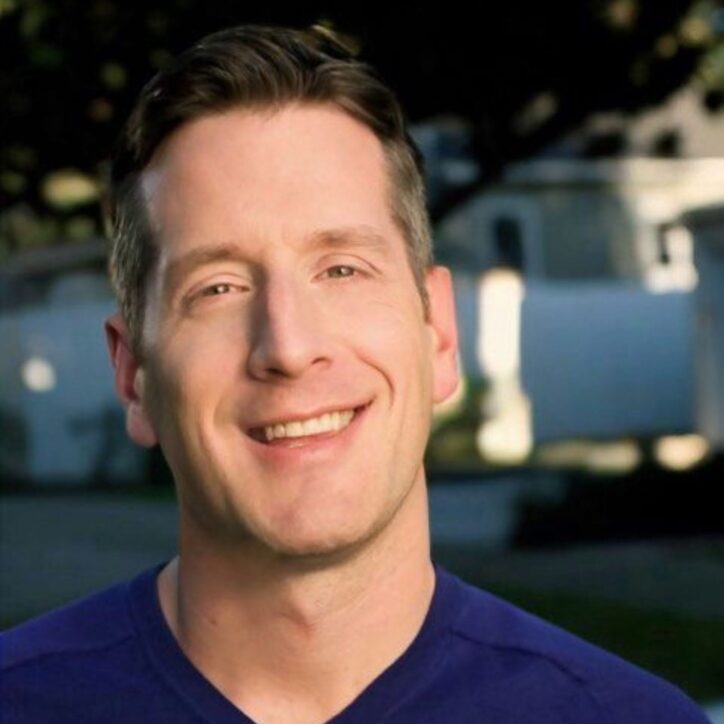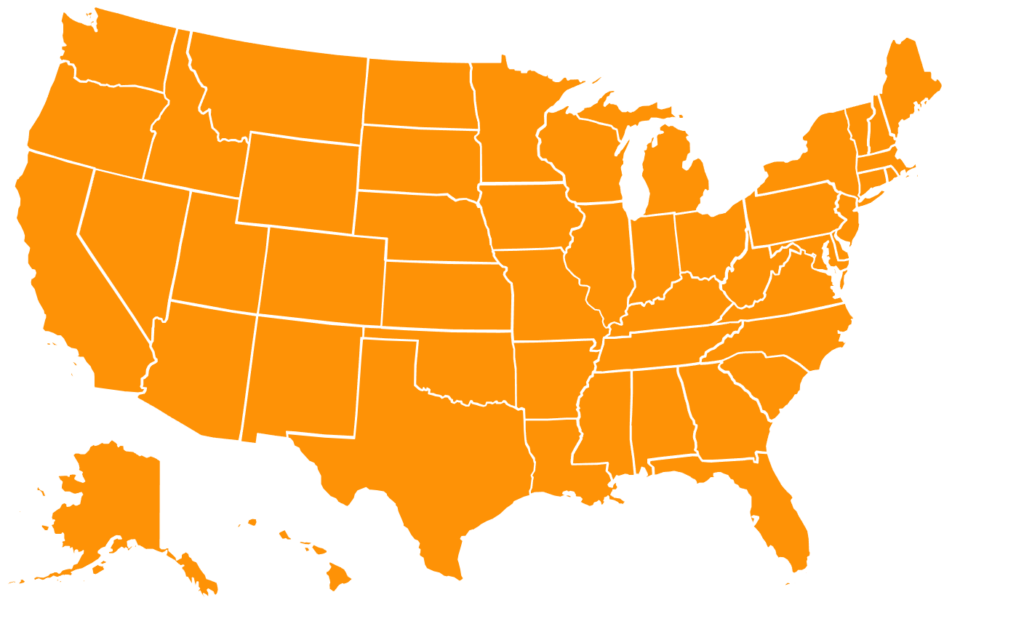Nation’s Best – We Can Help (800) 789-1605
It’s tough to imagine a family member or friend struggling with addiction, but it’s important to recognize that anyone can be affected. Realizing that your loved one is struggling with alcohol or drug addiction can be hard to cope with, and there are limitations to what you can do to motivate them to stop using.
When there is nothing else to do, an intervention might be the best next step.
An interventionist helps address an alcohol or drug addiction by guiding people through this difficult process. Their role is to provide professional guidance and a structured approach toward confronting the individual struggling with addiction.
This is done by creating a nurturing, safe, and constructive environment. Interventionists are skilled at dealing with the complex emotional dynamic involved in addiction. The importance of their expertise cannot be overstated as they increase the likelihood of the individual accepting help.
Brad, our founder, began his own recovery journey in 2003 from drugs, bulimia, nicotine, and alcohol. What seemed like an impossible challenge showed how even the most challenging cases might not just recover but thrive from a starting point of hopelessness.
Through his clinical intervention training events, Brad has trained the majority of the nation’s leading interventionists. He has also served on the Association of Intervention Specialists board, worked alongside the most skilled and impactful professionals in the recovery treatment field, and functioned at the state level to introduce treatment options to communities.

Are you looking to hire an interventionist? We work with interventionists in many locations across the country. Give us a call, and we’ll help connect you.
Nation’s Best – We Can Help

We believe every family deserves a fair chance at receiving ethical and legal care, with real help as the focus. At Intervention.com, you will find useful resources for families facing addiction.
A drug intervention, what we call a Family meeting, is a hope-infused conversation among the voices that matter to your loved one – family, friends, and even colleagues. It’s a moment where everyone comes together with one clear goal: to lovingly encourage change.
We’ve been doing this for more than a decade here at Change Institute, and our intervention specialists have helped thousands of families, and today we’re ready to help yours, too.
Mental health intervention specialists have expertise in dealing with mental health challenges. Specialists may include licensed counselors, therapists, social workers, or professionals with targeted training.
At Intervention.com, we favor our proprietary intervention method, BreakFree Intervention. This method focuses on understanding various intervention techniques and favors a family-focused approach. We also use Kathleen Murphy’s action-method approach, involving role play.
An intervention is a structured gathering involving concerned individuals and the person struggling with addiction. During the intervention, participants express their concerns in an open and comprehensive manner with the goal of encouraging the individual to seek help for their situation.
There are ways to spot if someone is struggling with addiction and if they need an intervention, which may include:
On the day of the intervention, the interventionist serves as a neutral mediator. They facilitate a respectful dialogue between the individual who needs help and the people who want to help that person. Their expertise ensures the conversation remains focused and constructive, keeping the ultimate goal of acceptance and treatment within sight.
You can expect your licensed interventionists to offer guidance, assistance, and resources to help your loved one on their journey to recovery. They will create a plan that addresses the needs of each individual involved.
When choosing an interventionist, it is important to research, shortlist, and interview them in order to determine how comfortable they make you feel and whether they have the necessary experience.
Post-intervention, your trusted interventionist continues to offer invaluable support and guidance for both the individual and the family. They help map out the next steps, whether it’s detox, therapy, or other recovery plans.